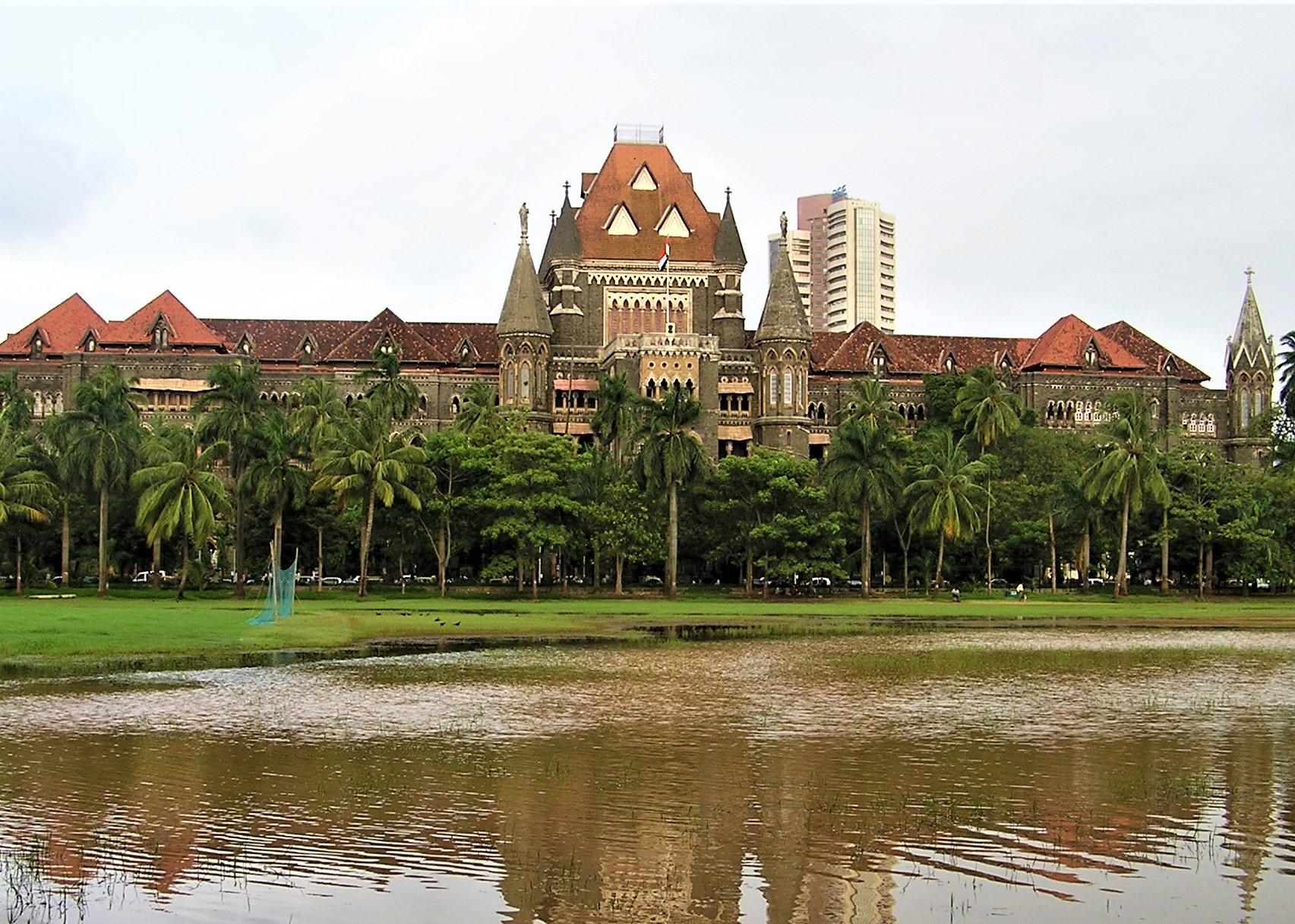In Writ Petition No. 1106 of 2003 -BOM HC- Bombay High Court bars Department from using different AAR view as basis to reopen Tax Assessment
Justice K.R. Shriram & Justice Firdosh P. Pooniwalla [07-07-2023]

Read Order: Mrs. Usha Eswar v. Rajeshwari Menon and Ors
Chahat Varma
New Delhi, July 27, 2023: In a recent decision, the Bombay High Court has held that the Department cannot rely solely on a different view taken by the Authority for Advance Ruling (AAR) in the case of another Applicant to form a reason to believe that income chargeable to tax had escaped assessment.
In the matter at hand, the petitioner, a non-resident Indian residing in Dubai, sought an advance ruling from the Authority for Advance Ruling (AAR) regarding the taxability and applicable tax rates on income earned from sources in India. The AAR ruled that the petitioner was a resident of the UAE under Article 4 of the Double Taxation Avoidance Agreement (DTAA) and, as no income tax was levied on individuals in the UAE, the petitioner was not liable to any tax in the UAE. The AAR further ruled that capital gains on the transfer of movable assets in India would not be taxable in India until 1st April 1994, based on Article 13(3) of the DTAA. However, the Department subsequently issued notices for re-assessment of the petitioner's income for various assessment years, claiming that a subsequent ruling by the AAR in the case of Cyril E. Pereira had a different interpretation. The Department contended that this subsequent ruling would be applicable to the petitioner and would disentitle them from the benefits under the DTAA.
The issue in the said case pertained to whether in view of the binding nature of the ruling pronounced under Section 245-R of the Income Tax Act by AAR, which was binding on applicant and Department in respect of applicant and the said transactions, can the Assessing Officer, relying on ruling in the case of another Applicant where AAR had taken a different view, form a reason to believe that income chargeable to tax has escaped assessment.
The division bench of Justice K.R. Shriram and Justice Firdosh P. Pooniwalla observed that the Assessing Officer had exceeded his jurisdiction by relying on the ruling of AAR in the case of Cyril Eugene Pereira v. Commissioner of Income Tax [LQ/AAR(IT)/1999/4], to propose the reopening of the petitioner's assessment. The bench opined that the ruling in Cyril E. Pereira, which considered the provisions of Section 245-S of the Act, cannot bind the petitioner, nor can it displace the binding effect of the ruling in the petitioner's case. Section 245-S of the Act established that an advance pronouncement binds the authority under Section 245-R of the Act and was binding on the applicant who sought the ruling for the relevant transactions. Additionally, it was binding on the Commissioner and the Income Tax Authority subordinate to him for the said transaction. Sub-section 2 of Section 245-S of the Act stated that the ruling shall be binding unless there was a change in law or facts based on which the advance ruling was pronounced. However, the bench noted that in this case, there was no change in law or facts that had occurred, nor were any mentioned in the reasons to believe. Therefore, the subsequent ruling in Cyril E. Pereira cannot be considered as a ruling that changes the law.
The bench further noted that in the case of Union of India v. Azadi Bachao Andolan [LQ/SC/2003/1001], the Supreme Court was not persuaded to follow the view taken by the AAR in Cyril E. Pereira case. Therefore, the bench observed that the view taken in the case of Cyril E. Pereira by the AAR, was found to be erroneous.
Based on the above observations and findings, the bench concluded that the Assessing Officer had not personally formed the belief that income liable to tax has escaped assessment and had, therefore, abdicated his jurisdiction. Consequently, the re-opening of the assessment was considered invalid. The bench further held that the Assessing Officer did not have any tangible material to justify the conclusion that there was an escapement of income. Hence, the power to re-open the assessment could not have been exercised by the Assessing Officer in this case.
Sign up for our weekly newsletter to stay up to date on our product, events featured blog, special offer and all of the exciting things that take place here at Legitquest.




Add a Comment